Like a Dragon: Infinite Wealth’s powerful stories of trauma and recovery helped me unpack my own baggage
Getting over it with Ichiban Kasuga
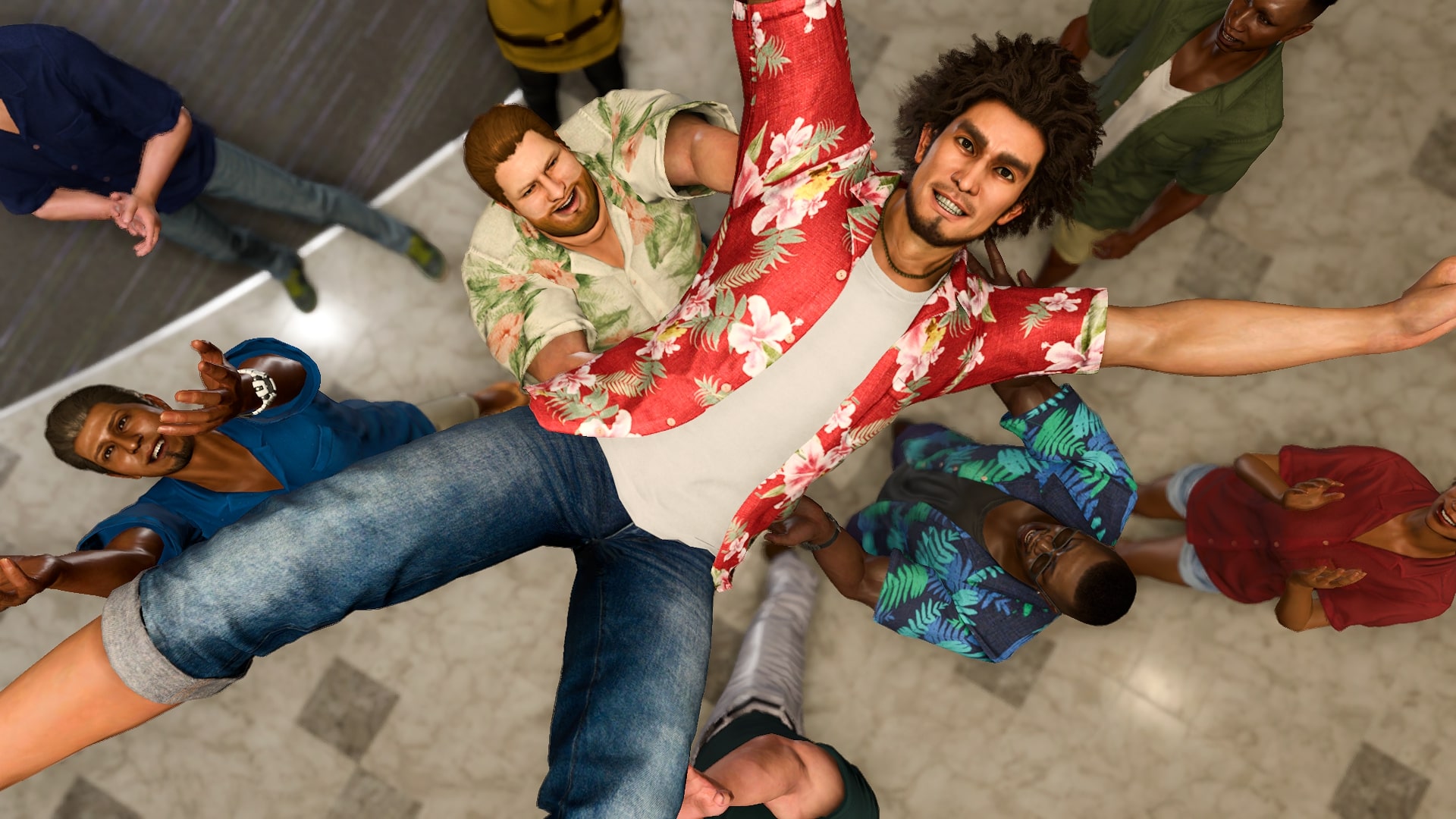
Sign up for breaking news, reviews, opinion, top tech deals, and more.
You are now subscribed
Your newsletter sign-up was successful
Despite its zany exterior of Segway riding and cheesy karaoke, Like a Dragon: Infinite Wealth doesn’t shy away from the tough stuff. Across its first five chapters, the turn-based role-playing game (RPG) deals with themes of grief, abuse, family drama, regret, and even terminal illness.
Rather than addressing these issues in an irreverent way, the trials and tribulations of Infinite Wealth’s core characters are treated with a surprising degree of sensitivity and respect. The game follows dual protagonists Ichiban Kasuga and Kazuma Kiryu on an adventure to track down Kasuga’s estranged birth mother in Hawaii. Both of these former Yakuza spend the game wrestling with their pasts while simultaneously attempting to make the most of the present.
Ichiban Kasuga carries deep scars after his 18-year incarceration and the loss of his mentor and father figure Masumi Arakawa. However, despite all this, our happy-go-lucky protagonist remains optimistic and upbeat. Throughout Infinite Wealth, Kasuga makes a point of always trying to see the good in people.
The power of forgiveness
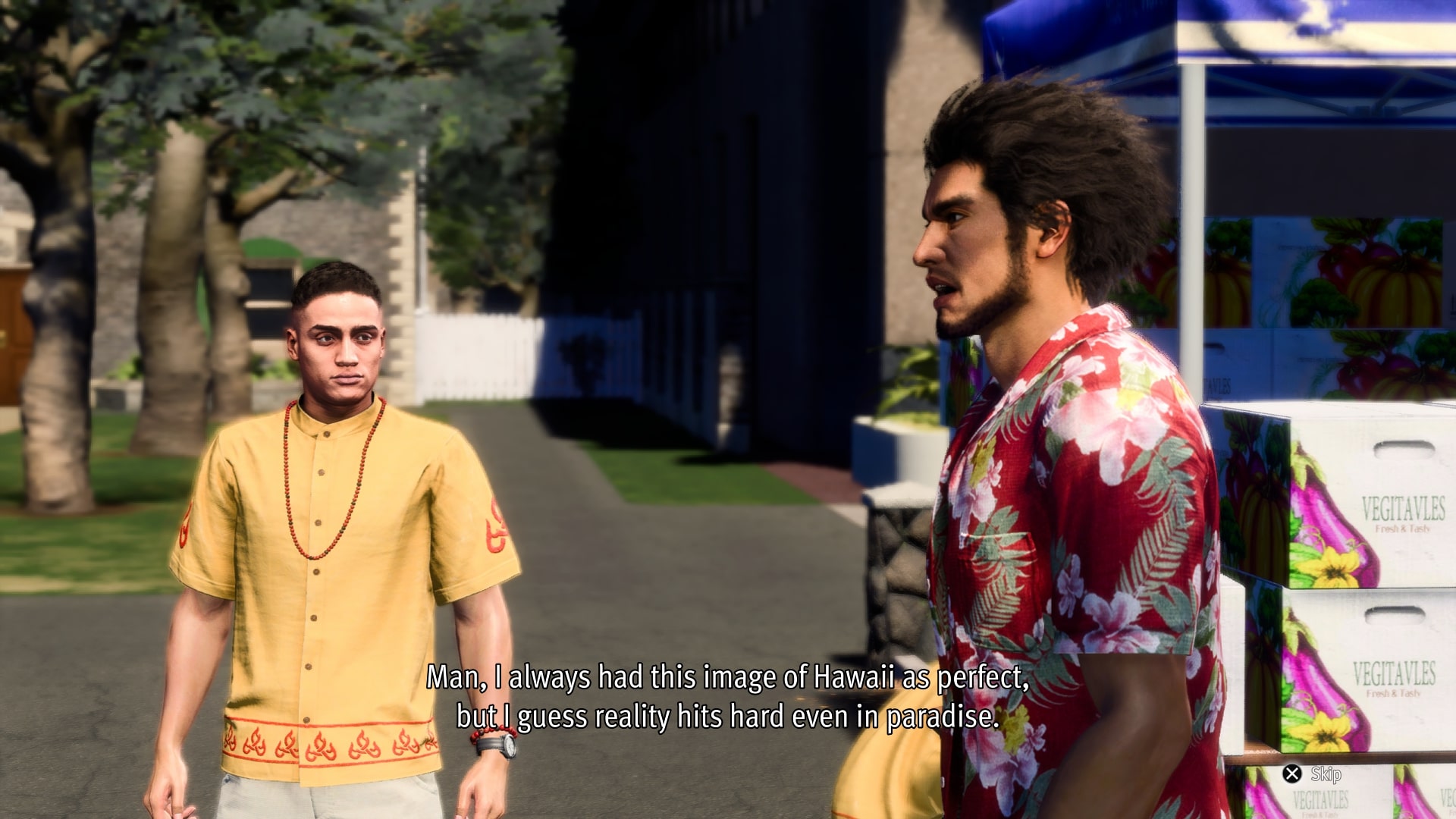
Minor spoilers follow for Like a Dragon: Infinite Wealth
Despite the misfortune that’s been heaped upon him, Kasuga is always willing to forgive. On arrival in Hawaii, our well-meaning hero gets held up at gunpoint by a cab driver and later drugged and robbed by a maid. The twist is that, upon meeting these characters again, Kasuga learns of the extenuating circumstances behind their actions.
The cab driver, Eric Tomizawa, was blackmailed by the criminal Yamai Syndicate while the maid, Chitose Fujinomiya, secretly heiress to a wealthy Japanese family, feared news of her part-time work would result in her being deported. In light of knowing these details, Kasuga chooses to forgive and forget, and the trio swiftly become friends.
It’s this willingness to move forward that makes Kasuga able to face not only these recent traumas but also the pain of his incarceration and the loss of his father figure.
Despite looking to Infinite Wealth as a form of pleasant escapism, these weighty themes caused me to reflect on my own trials and tribulations, too.
Sign up for breaking news, reviews, opinion, top tech deals, and more.
Kasuga manages to acknowledge his past without ever letting it define him
In 2023 I was diagnosed with complex post-traumatic stress disorder (PTSD). It’s a condition where the brain responds to traumatic events by entering a heightened state of alert. Painful memories come to the surface more easily, sometimes vividly in what’s known as ‘flashbacks.’ You might develop a sensitivity to light and sound and find that you get exhausted much more easily, too. Though I can speak only to my own experiences with the condition, to me, it feels as though my mind and body are struggling to let go of the past.
This is why I found Kasuga’s story so powerful. Here is a character who was able to live in the moment. He’d spent the prime of his life in prison, yet the floppy-haired do-gooder never let himself become bogged down by what happened after he had been released and was free again. While Kasuga doesn’t seem to suffer from PTSD per se, his journey is deeply inspiring. He manages to acknowledge his past without ever letting it define him.
One last ride
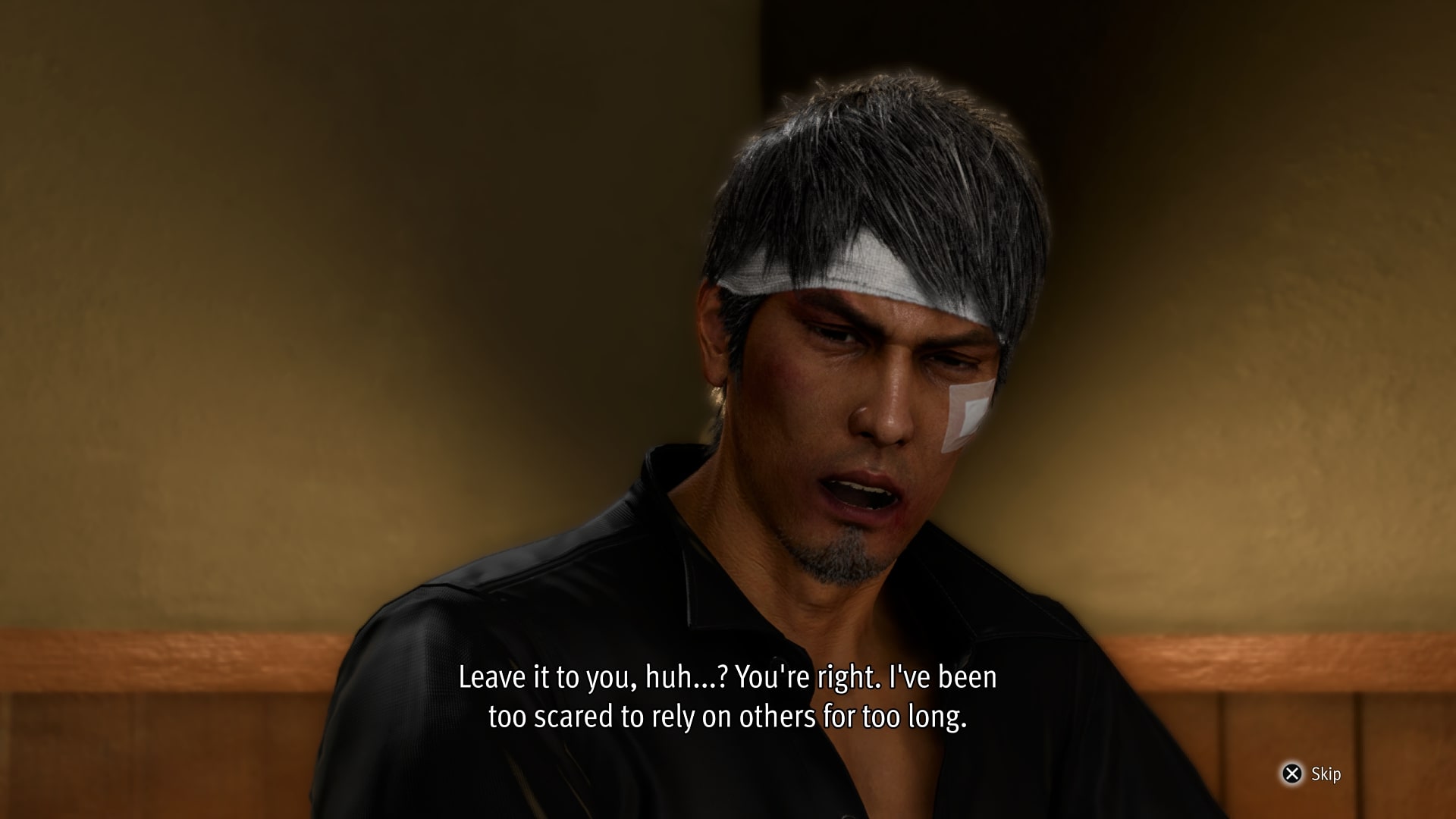
Infinite Wealth doesn’t heap all of the attention on Kasuga, though. Aging veteran Yakuza Kazuma Kiryu also takes center stage. Early on, we learn that Kiryu is battling cancer and that he has less than a year to live. Rather than spend this time in a hospice, he joins Kasuga in Hawaii to spend his final days doing good in the world.
However, Kasuga constantly expresses concern for Kiryu, wondering if, maybe, he might be able to get treatment for the condition. Kiryu initially responds to these concerns with a cold, standoffish stoicism. Kiryu wants to be useful, but he also has an urge to be aloof and detached, both from his circumstances and from others.
Kiryu initially responds to Kasuga's concerns with a cold, standoffish stoicism
This all changes during a run-in with a dangerous gang patriarch in Hawaii. Badly beaten and rescued in a nick of time by Kasuga and pals, Kiryu finally relents. In a particularly moving piece of dialogue, he admits: “I’ve been too scared to rely on others for too long.”
While PTSD and cancer are very different conditions, both can be extremely isolating. Speaking of my own experience with PTSD, I found myself having to fight an urge to withdraw from friends and family, not wanting to burden them with my troubles or being afraid that they’d see me as fragile or broken in some way.
Seeing it through
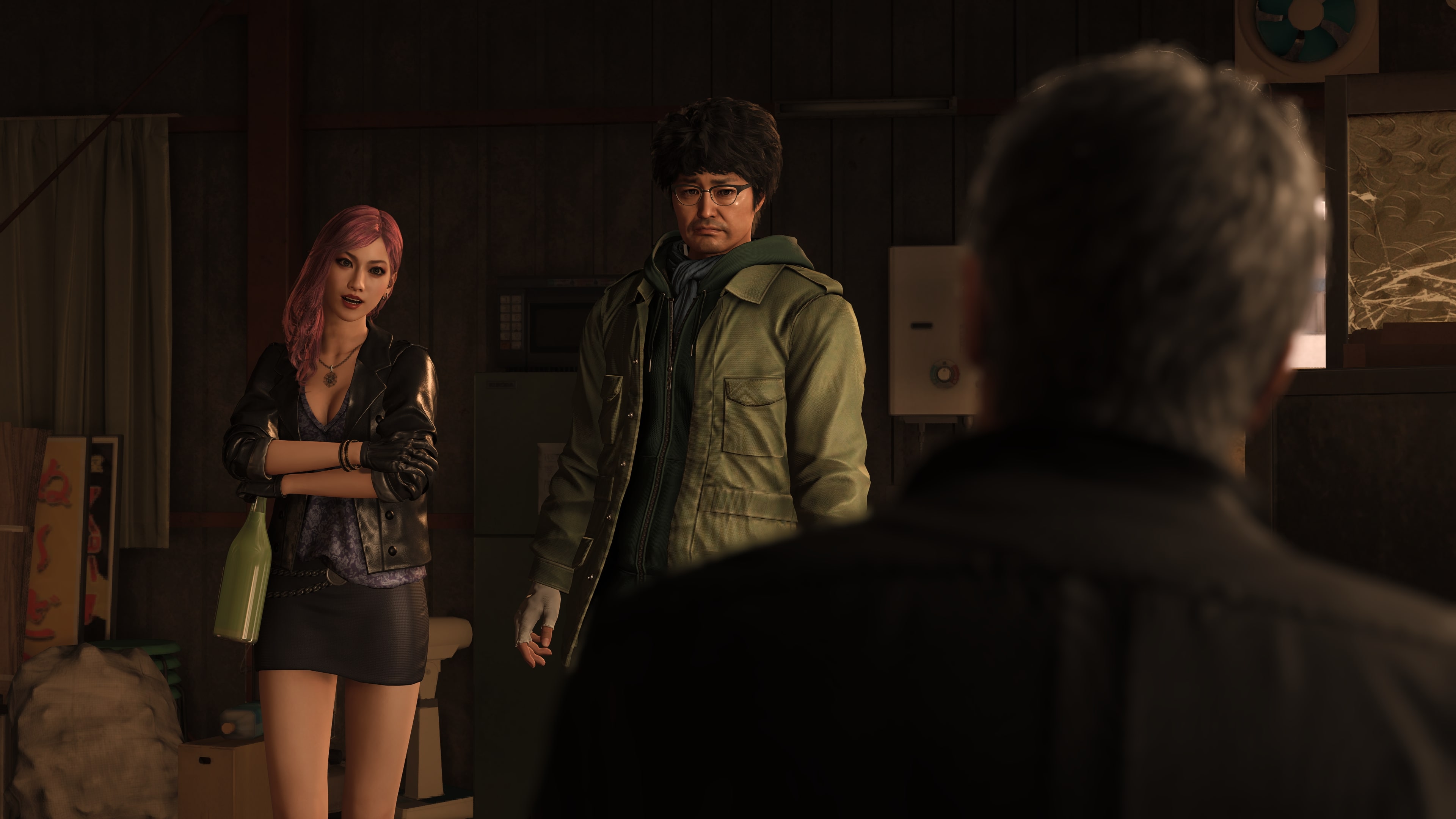
Eventually, Kiryu opts to return to Japan alongside Nanba, a friend of Kasuga’s who has experience as a nurse. It’s here that Kiryu begins his ‘Bucket List’ arc, opening up to his friends who, in turn, help him square away his unfinished business. To this end, Kiryu puts together a list of things to do before he kicks the proverbial ‘bucket.’
“You have the responsibility to reap the harvest you’ve sown,” says Kiryu’s old friend Detective Makoto Date during a particularly somber moment between the two characters. To this end, the arc is all about Kiryu confronting his past, both the good and bad. It’s therapeutic watching this veteran Yakuza come to terms with his regrets.
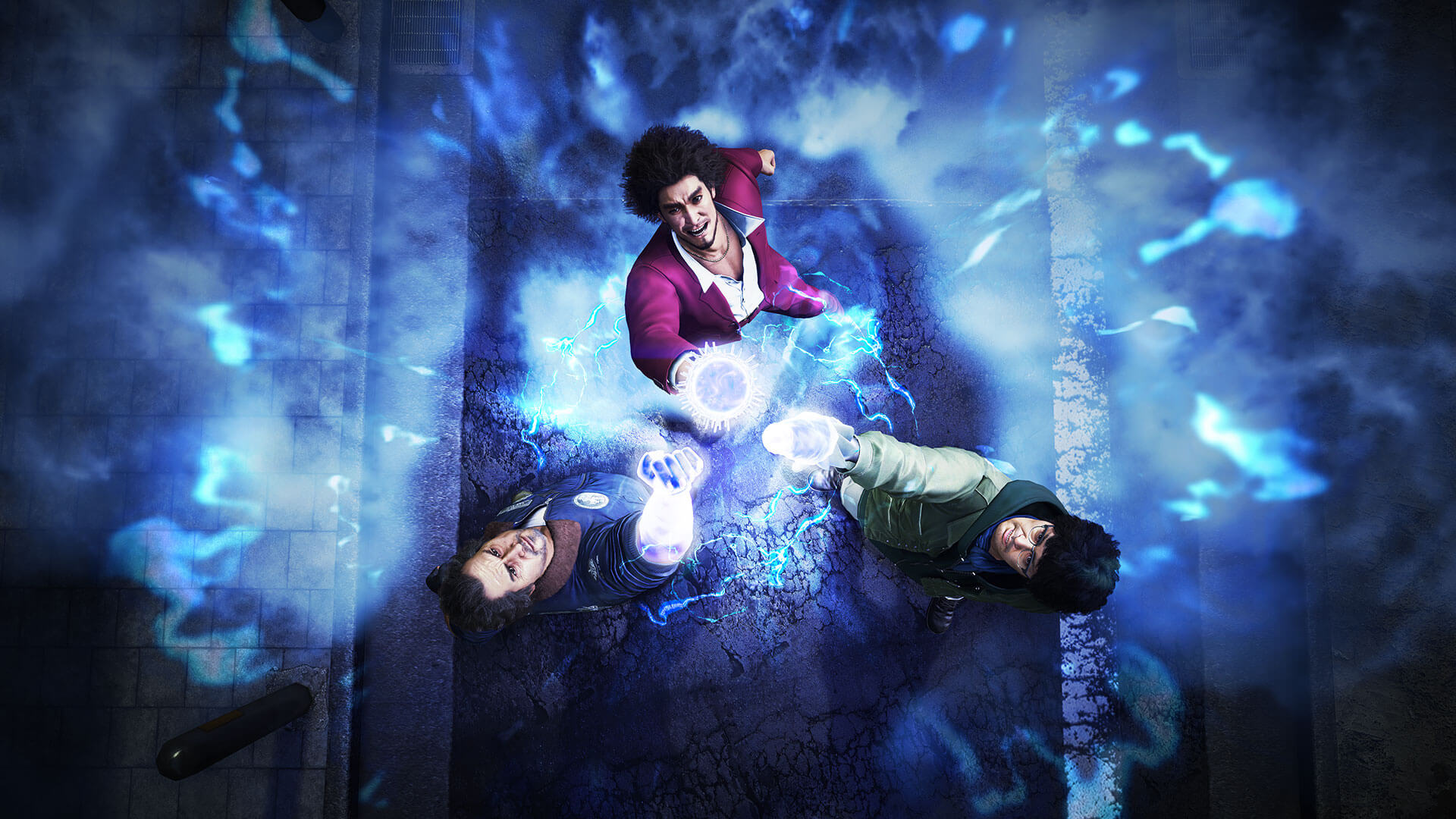
I’ve been lucky enough that, after months of therapy, the worst parts of my PTSD are now behind me. However, Kiryu’s journey into his own past to confront his demons couldn’t help but remind me of my own. In the same way, Kasuga’s optimism and willingness to look to the future helped me realize that it’s not our pasts that define us, rather, it’s who we strive to be in the moment.
This is the sentiment at the heart of Infinite Wealth. While some criticize the game’s oscillation between silly side missions and heavy emotional beats as ‘whiplash’ inducing, I don’t think that’s quite fair. Much like life itself, Infinite Wealth’s ups and downs come at you thick and fast. You have some control over when they hit, but not much. One moment you could be enjoying the feel-good wholesomeness of clearing up a beach, the next you could be mourning a friend. It’s this sort of emotional honesty that makes Infinite Wealth so poignant and which helped me to see myself in its characters and their struggles.
Want more emotionally impactful games? Check out our lists of the best RPGs and best single-player games.

An editor and freelance journalist, Cat Bussell has been writing about video games for more than four years and, frankly, she’s developed a taste for it. As seen on TechRadar, Technopedia, The Gamer, Wargamer, and SUPERJUMP, Cat’s reviews, features, and guides are lovingly curated for your reading pleasure.
A Cambridge graduate, recovering bartender, and Cloud Strife enjoyer, Cat’s foremost mission is to bring you the best coverage she can, whether that’s through helpful guides, even-handed reviews, or thought-provoking features. She’s interviewed indie darlings, triple-A greats, and legendary voice actors, all to help you get closer to the action. When she’s not writing, Cat can be found sticking her neck into a fresh RPG or running yet another Dungeons & Dragons game.